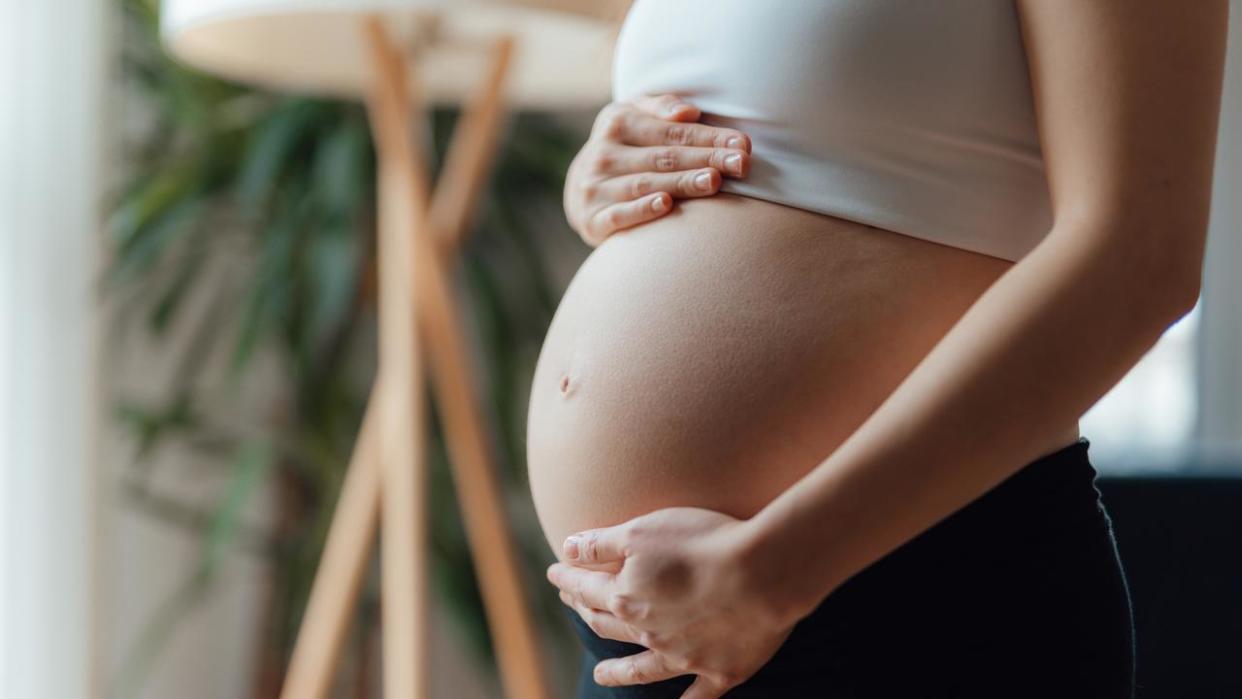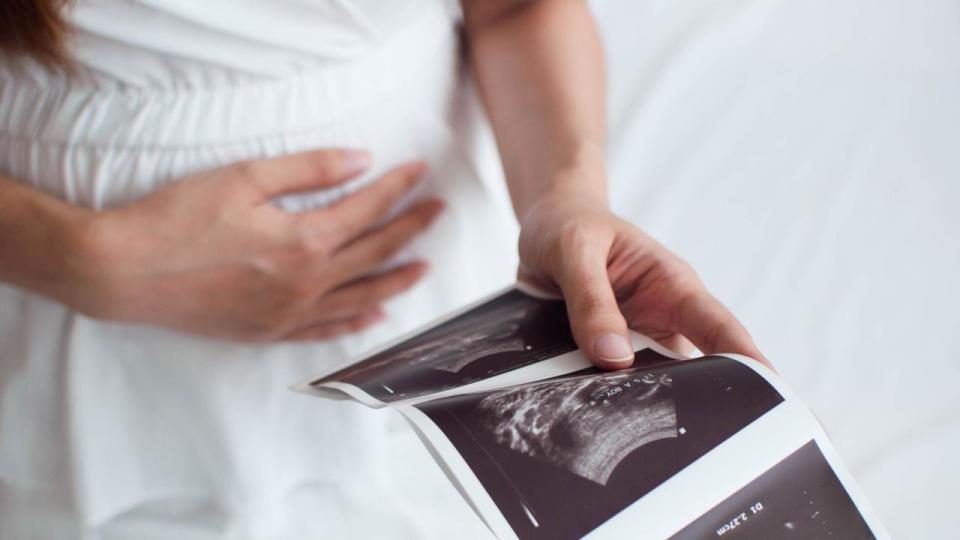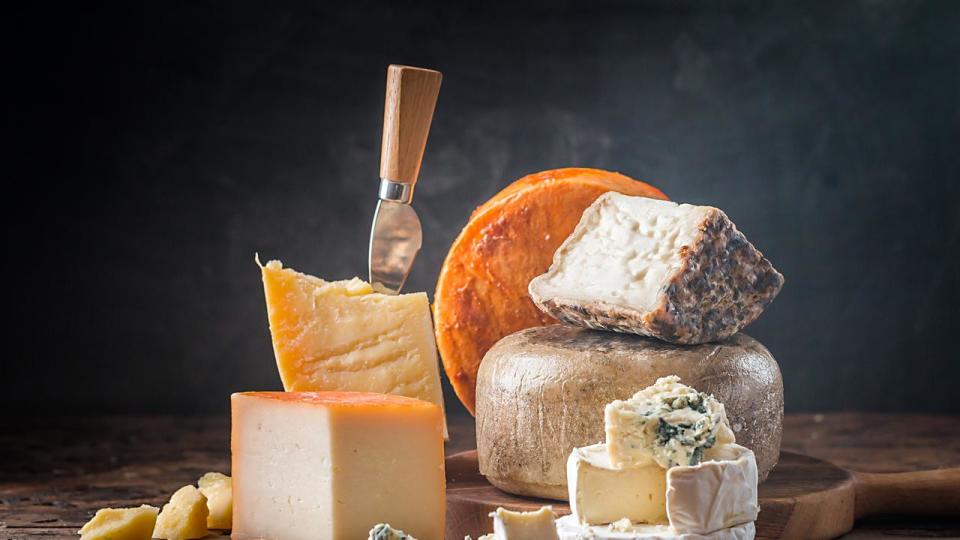Urgent warning over infection outbreak

NSW residents have been warned to be on high alert after an alarming increase in the number of listeriosis cases detected in the community.
Health authorities warn those who are immunocompromised, over the age of 65 or pregnant are at particular risk of becoming severely ill with the disease.
Listeriosis infection, which comes from eating food contaminated with listeria monocytogenes bacteria, can cause severe illness or even death in vulnerable people.
While most healthy people will not become ill, the community is urged to be cautious due to a rise in the number of cases and people hospitalised with the illness, according to NSW Health’s Keira Glasgow.


“Already in 2023, we’ve recorded 25 cases of listeriosis among NSW residents, which is more than we usually expect to see in a whole year,” she said.
“There are a range of foods that present very real risks to people who are older, pregnant or have underlying health conditions such as cancer, diabetes, heart, liver or kidney disease or who are on medications such as corticosteroids which impact immune systems.
“That’s why NSW Health is reminding these vulnerable people to be aware of the foods that present these risks. It’s vital these people choose safer options at all times.”
Listeriosis infection usually starts with fever and muscle aches, with the disease then spreading to the blood or central nervous system, causing sudden onset of fever, intense headache, stiff neck, confusion or delirium, convulsions, loss of balance or a coma.

Those who are at increased risk of illness should avoid the following foods according to NSW Health:
Cold delicatessen meats (freshly sliced, pre-packaged or from sandwich bars)
Pre-cooked cold chicken (whole, portions or diced)
Smoked seafood (for example, smoked salmon), unless cooked and served hot
Chilled or raw seafood (for example, ready-to-eat prawns)
Rockmelon, and pre-cut fruit or pre-prepared fruit, including fruit salad (pre-packaged, buffets or salad bars)
Prepacked cold salads, including coleslaw (pre-packaged, buffets or salad bars)
Frozen vegetables, unless cooked
Pâté or meat spreads
Unpasteurised milk or milk products
Soft cheeses such as brie, camembert, ricotta, or blue-vein (unless cooked and eaten while hot)
Soft serve ice cream
Sprouted seeds
Residents are also warned not to contaminate fruit when cutting and not to store cut fruit and vegetables that are eaten raw, as listeria survives refrigeration.


